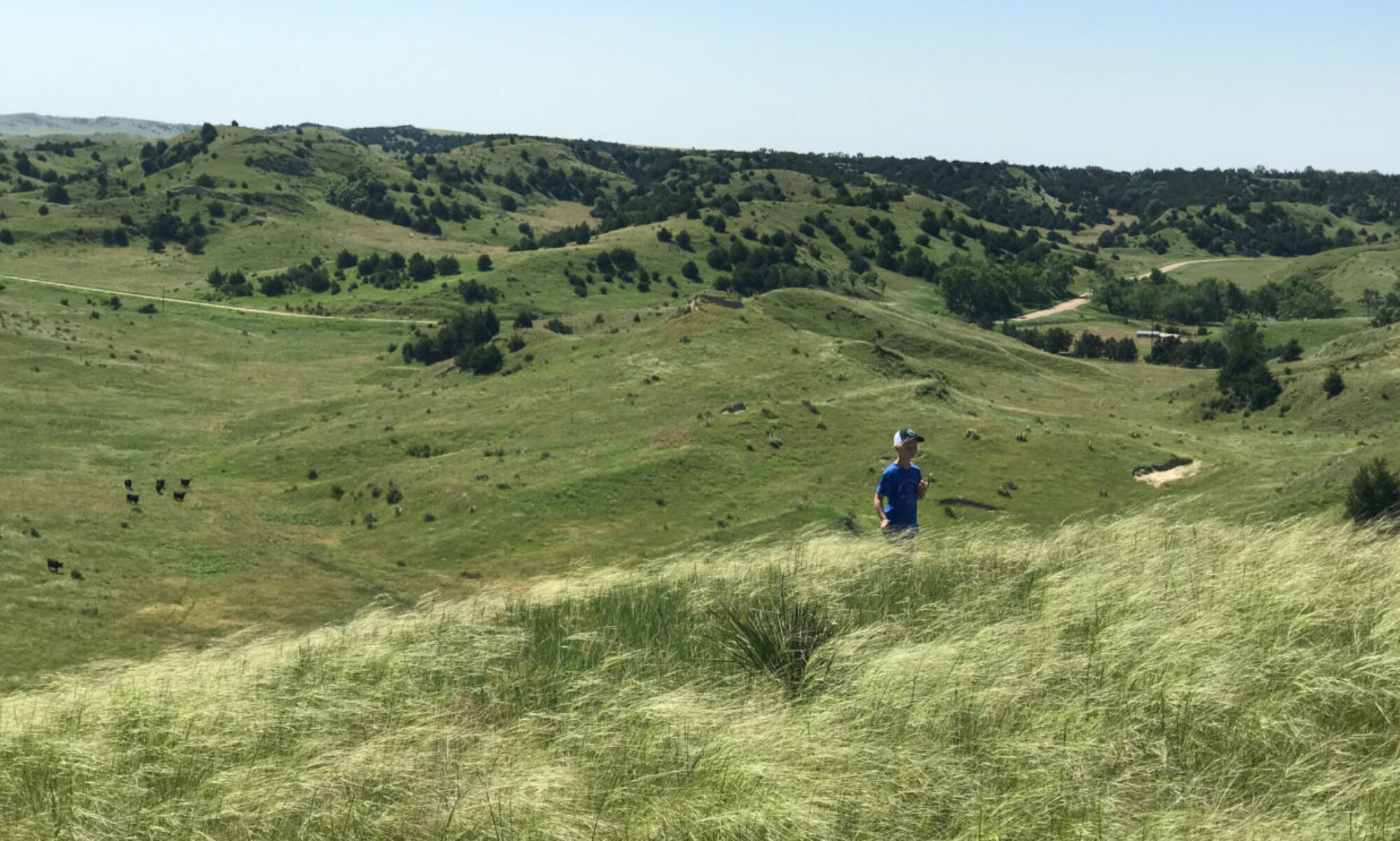One of my singular delights, rarely indulged in, is to read a design magazine unhurriedly on a Saturday morning. The magazine is rolled in one hand, my sans-handle cup filled with coffee in the other, reclined in my frightful La-Z-Boy with the early morning light streaming in through windows and skylights. This scene is a major part of my recipe for creative thought.
When I followed my recipe this morning I was relishing the pages of an October 2009 issue of Dwell magazine. I turned a page and my attention was arrested by what I took to be a picture of the vaulted ceiling that dominates the interior of the York Minster in England. The webbed ceiling was illuminated by light streaming in from triptych stained-glass windows. The picture that caught my attention was taken from the cover of a book of photographs of the vaults of Romanesque and Gothic cathedrals, and the picture accompanied a short review. The illustration drew me into the copy, and I found the real nugget of gold in the anonymous article.
The author wistfully observes that these kinds of buildings hold our fascination because they can and will never be built again because we cannot afford it, and because, well…”We don’t know how.” This observation was juxtaposed with the next paragraph, which I thought was an incredibly eloquent statement that deserves deeper consideration:
“These buildings, some nearly a millennium old, are charged with the grandeur of God, as though the architects, suddenly doubting that it could be read in nature, decided to codify it in stone (Dwell, Oct. 2009, 42).”
First, the author observes that the buildings are charged with the grandeur of God. The conscious exercise of the architects and builders was to create and fill a space that attempted to communicate the awesomeness of God.  They succeeded as the eyes of those who entered this sacred space were drawn upward. Second, the author says that the designers were impelled to intention because this awe was being missed in the commonplace that nature has become. In the cathedral of nature the eyes of peasants had been directed to the earth from which they drew their sustenance. The designers had a priestly duty to mediate the grand attributes of God to a less imaginative, but hopefully impressionable generation. When others missed the obvious presence of God, those who knew him intimately struggled to construct a grand telescope of stone and mortar, as it were, so that they could see him if they would only look. Ironically, the author suggests we will never see their ilk again.
They succeeded as the eyes of those who entered this sacred space were drawn upward. Second, the author says that the designers were impelled to intention because this awe was being missed in the commonplace that nature has become. In the cathedral of nature the eyes of peasants had been directed to the earth from which they drew their sustenance. The designers had a priestly duty to mediate the grand attributes of God to a less imaginative, but hopefully impressionable generation. When others missed the obvious presence of God, those who knew him intimately struggled to construct a grand telescope of stone and mortar, as it were, so that they could see him if they would only look. Ironically, the author suggests we will never see their ilk again.
A few pages earlier is an interview with contemporary designer Phiippe Starck, who is apparently obsessed with liars, thieves, and bad religion. If the redactor’s selectivity is any indication, Starck blames a great deal on being brought up, at least, with religious education while acknowledging at the same time it helped make him what he is. From his apparently self-righteous mistrust he has fashioned a world of whimsy that includes a dream to kill (repurpose?) materiality and that he believes justifies his existence (“…I do believe we all have to try to deserve to exist.” So some don’t deserve to exist? What do we do with them (me?)? Ibid., 40) with fifteen iPods and sleep his only apparent comforts. I found the interview confusing and contradictory and wondered what wonders Starck was mediating to a suffering humanity? He needs mediation himself but he was apparently inoculated against the best antidote to materiality by the dunderheads who misrepresented the God of the universe. He grew up in an epoch that forgot how to build telescopes.
Instead, I can imagine microscopes being offered to Starck by well-meaning emergent (but equally confused) dunderheads who would praise his art, cluck their sympathies for his mistreatment at the hands of the religious, and join him in his anti-materiality crusade without ever holding out a vision of the greater story of the God of nature and of the vault. Microscopes beneath the canopy of space are plentiful, cheap, and boring.
The anonymous book reviewer uncovered an insight that must be meditated upon vis-à-vis the mediatorial designers of cathedrals: we will never see their kind again. No more telescopes of stone, mortar, and glass. Too costly. We don’t know how. Rigidity failed. The anemic identification practices of the emergent will yield no more dialogue with wanderers than his modernist forbears experienced in the last century. So at last I come to the question inspired by the insightful sentence: who (rather than what) will be charged with the grandeur of God in such a way that the eyes of others will be drawn upward?




